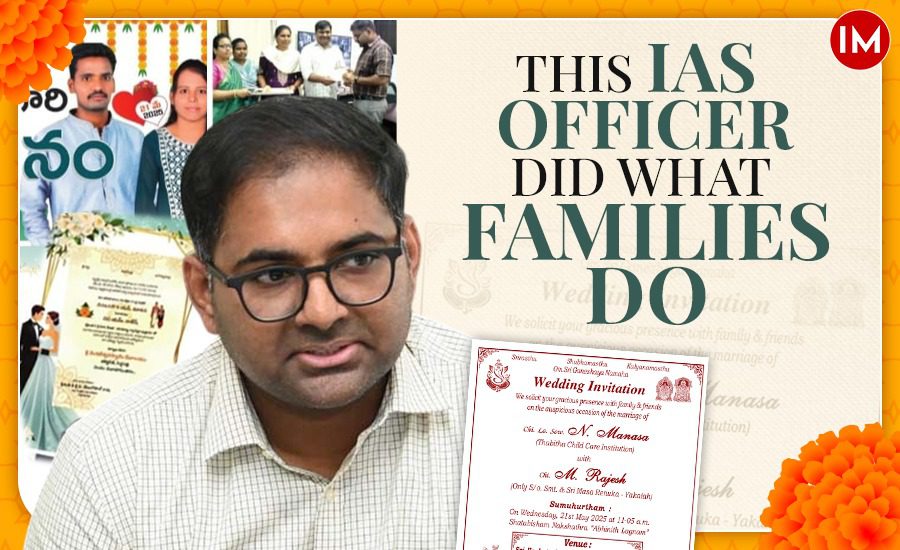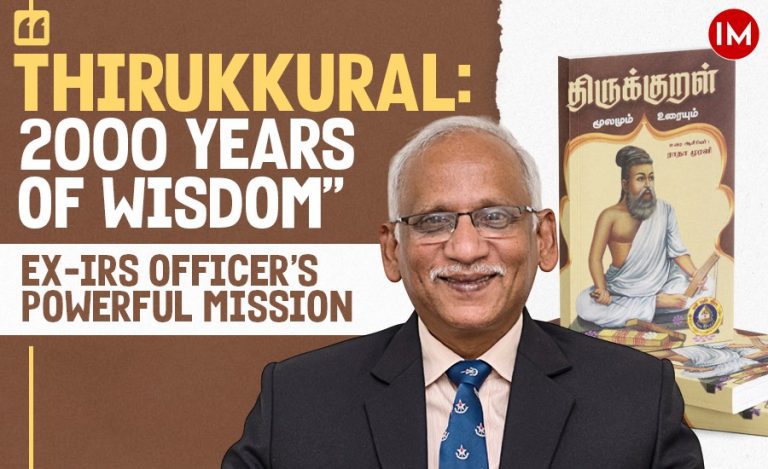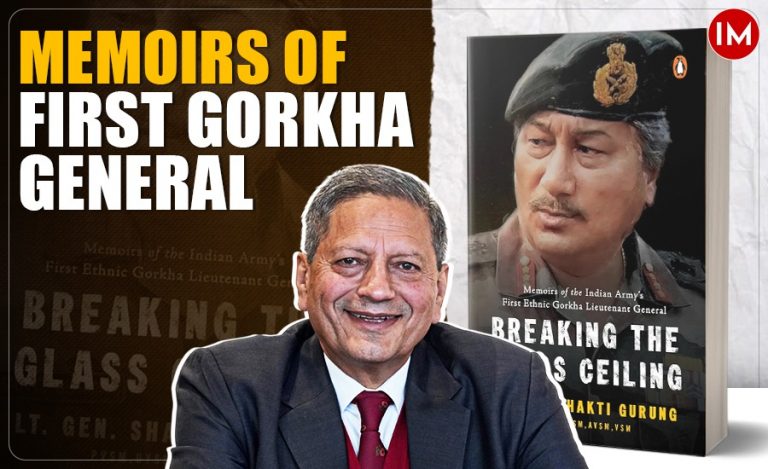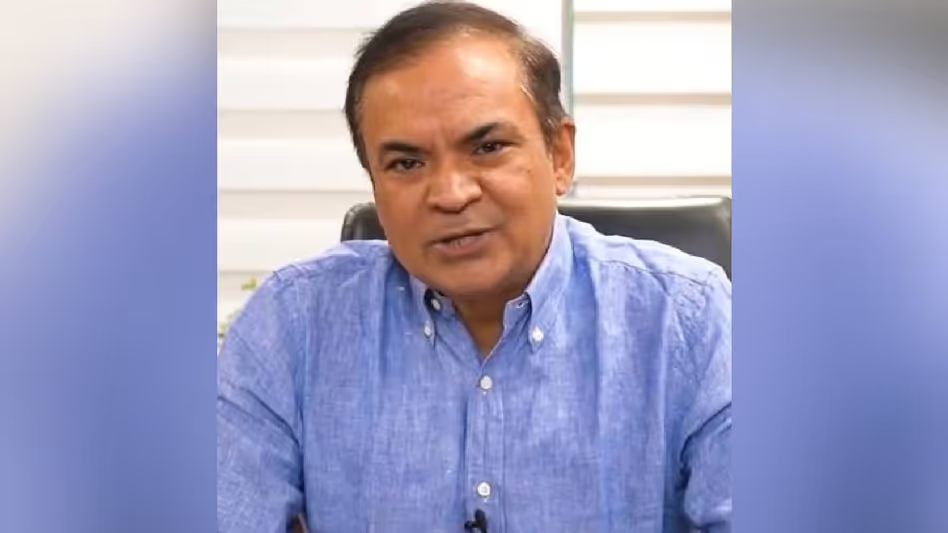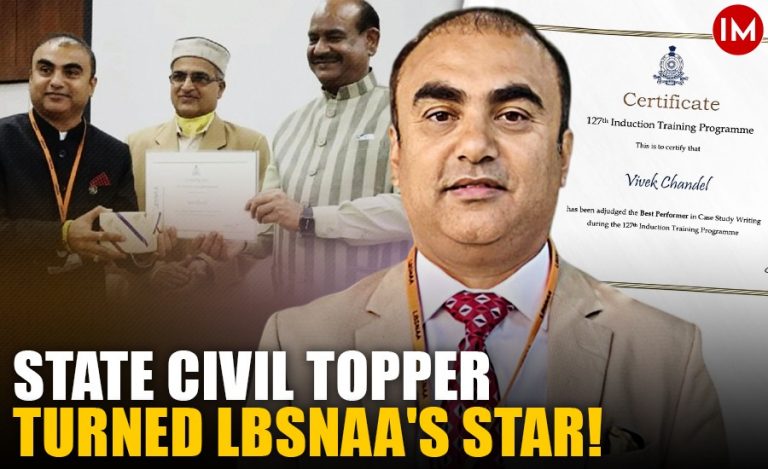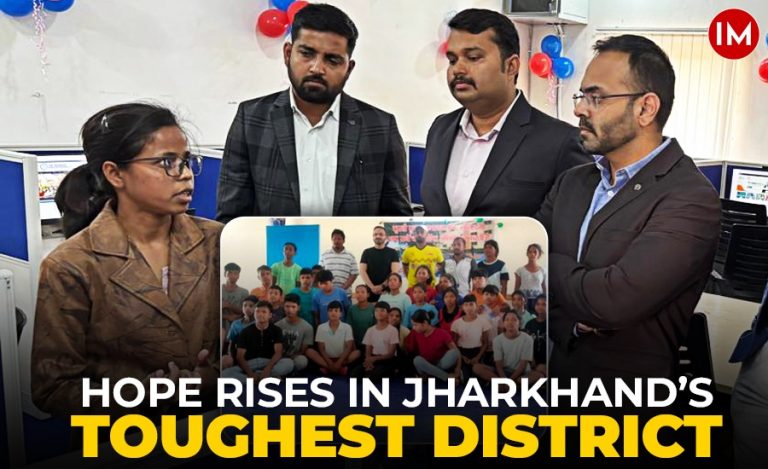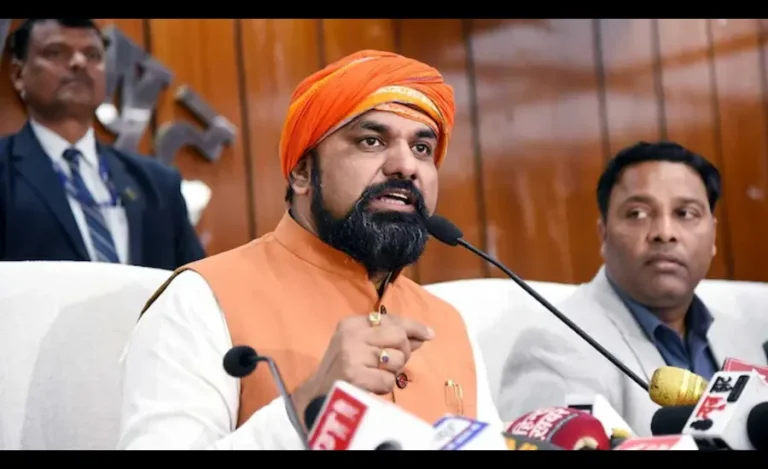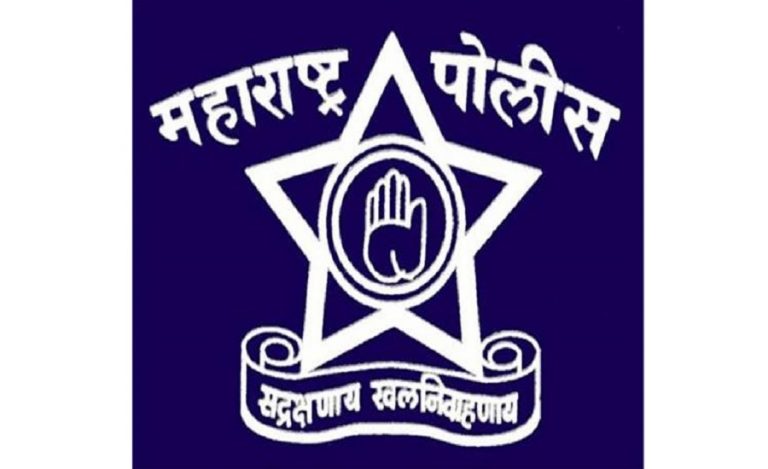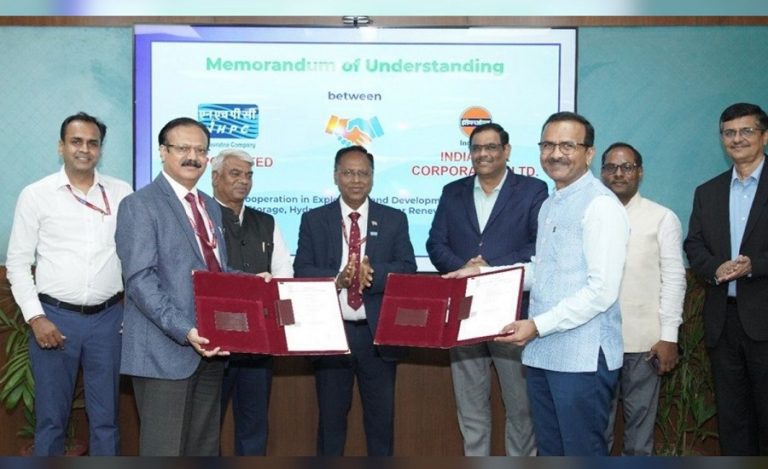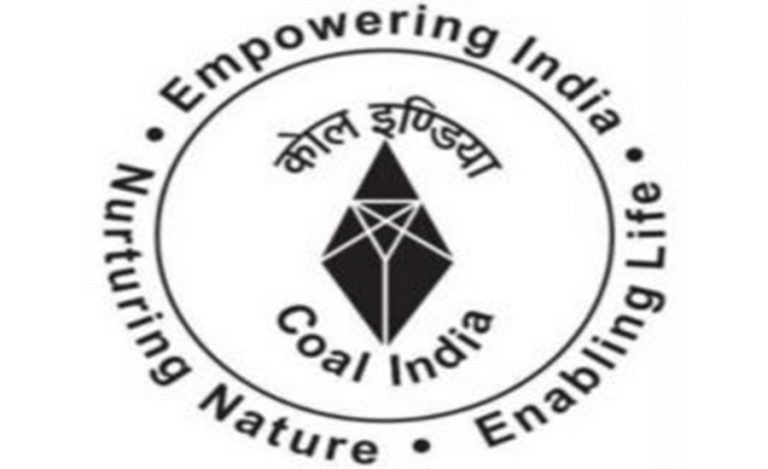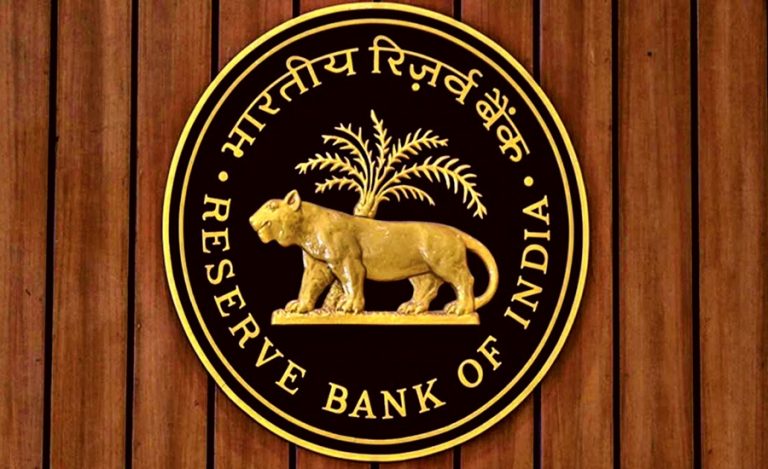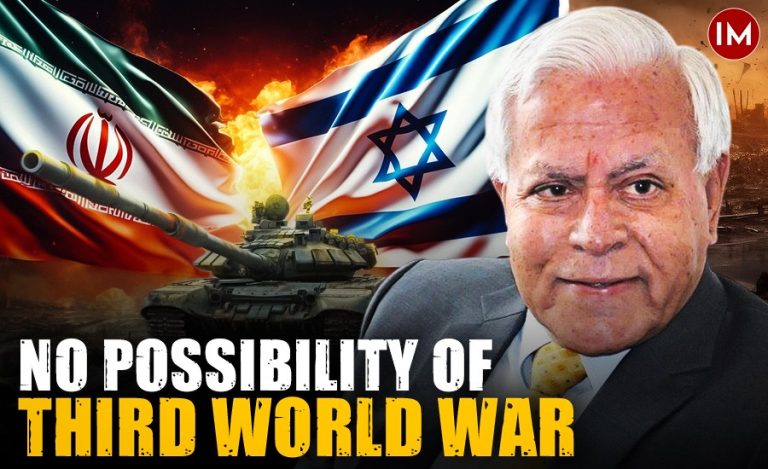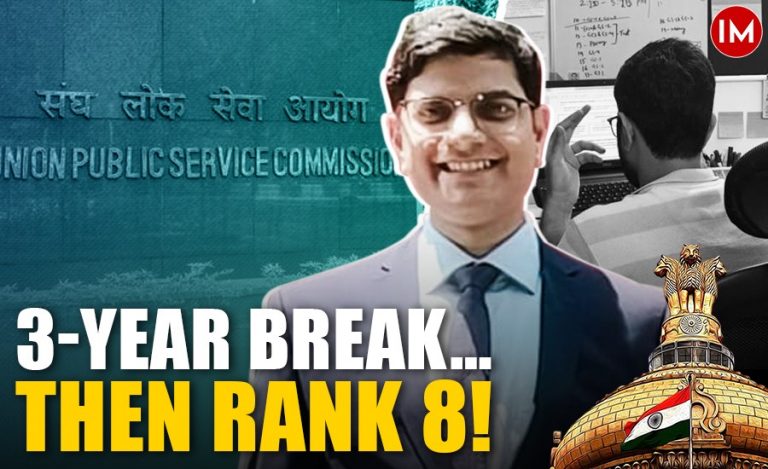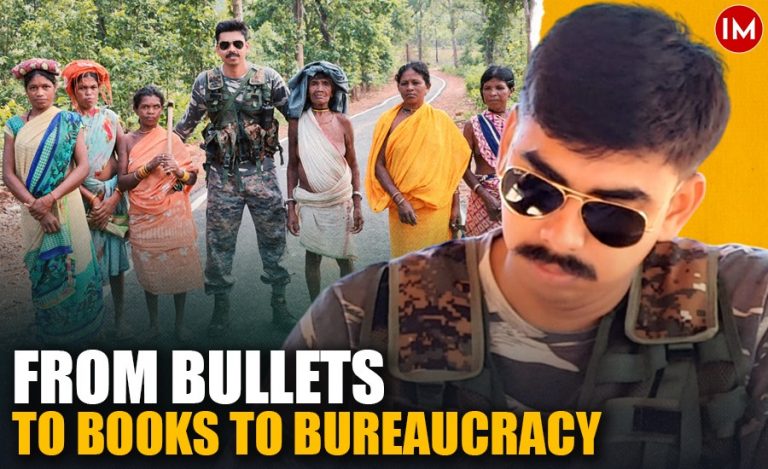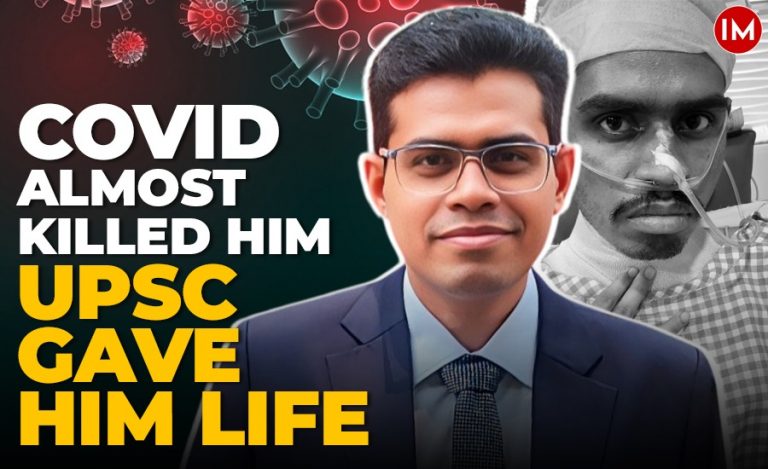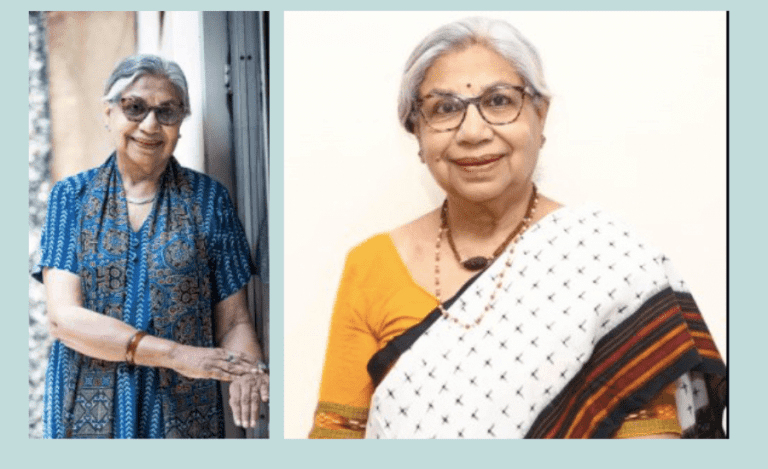In Peddapalli, Telangana, a quiet yet profound effort is unfolding, touching the lives of children who have faced unimaginable loss. Under the leadership of Koya Sree Harsha, a 2018 batch IAS officer of the Telangana cadre and the District Collector, the district administration has woven a safety net for orphans and semi-orphans, ensuring they are not only cared for but also given opportunities to thrive.
This is a story of a young girl’s wedding celebrated with the warmth of an entire community, of children finding their place in esteemed schools, and of a system that listens, responds, and builds a brighter future for those who need it most.
A SYSTEM THAT CARES
Koya Sree Harsha oversees a meticulous effort to track and support every orphan and semi-orphan in Peddapalli. Through the network of anganwadis, gram panchayats, and panchayat secretaries, the administration identifies these children and ensures their needs are met. “We keep a close watch on every child’s progress, from their education to their well-being, so no one is left behind,” Mr Harsha shared with Indian Masterminds.
The Telangana government provides a monthly sponsorship of ₹4,000 for each child, but Mr Harsha and his team recognise that financial aid alone is not enough. To bridge this gap, they focus on securing admissions for these children in government-run residential schools, such as the BC Gurukulas and SC Gurukulas, known for their quality education and competitive admissions process. By directly coordinating with the concerned departments and secretaries, the administration ensures these children gain access to opportunities that can shape their futures.
Beyond education, Mr Harsha maintains a personal connection with the children’s homes in the district, including a Children’s Home, which houses 50 to 60 children. His regular visits allow him to review the facilities, assess the children’s schooling, and address any challenges they face. “Visiting the children’s homes monthly helps me understand their needs firsthand and take immediate action,” he says. These interactions have led to meaningful interventions, such as providing a laptop and books for a girl pursuing engineering at Vaagdevi Engineering College in Karimnagar or arranging preparatory materials for another preparing for the NEET medical entrance exam, who recently achieved an impressive rank.
A WEDDING THAT UNITED A COMMUNITY
One of the most heartwarming initiatives under Harsha’s leadership was the organisation of a wedding for Manasa, a young woman from the Children’s Home. When the home’s management approached the District Welfare Officer with a proposal to support Manasa’s marriage, Harsha saw an opportunity to do more than provide financial aid. Using ₹5,00,000 from his discretionary funds, he ensured the wedding was held on the collectorate premises, transforming a simple ceremony into a celebration of community solidarity. “We wanted Manasa’s wedding to feel like a family event, supported by everyone around her,” Mr Harsha reflects.
The event was a collective effort. Invitations were extended not only from the collectorate but also from organisations like the Telangana Non-Gazetted Officers’ Association and the Revenue Association. Government and non-government staff unions were encouraged to participate, and many contributed voluntarily—some with cash, others with gifts like household items.
The local community, inspired by the event’s visibility, joined in as well. Rice millers’ associations, NGOs, and other local groups donated utensils and other essentials, ensuring Manasa’s new chapter began with widespread support. “Seeing the community come together for one child shows the strength of our collective spirit,” Mr Harsha notes.
Manasa, overwhelmed by the love and generosity, had not anticipated such an outpouring. The wedding, complete with a priest and arrangements as thoughtful as any family celebration, was a moment of joy she hadn’t dared to imagine. For Harsha, it was a reminder of the power of collective action, with his role as an enabler bringing together people from all walks of life to make a difference.
BUILDING A LEGACY OF SUPPORT
The impact of these efforts extends beyond individual stories. The wedding’s visibility sparked greater awareness of the government’s work for orphans, encouraging public participation and trust. Inspired by initiatives like Manasa’s wedding, donations to the Children’s Home have increased, and the community is more engaged in supporting its children. Meanwhile, the administration has expanded its efforts, recently establishing a government-run children’s home. Starting with 5 to 8 children, it now supports around 30 to 35, reflecting growing trust in the system.
IAS officer Harsha’s commitment also extends to improving infrastructure. “Better infrastructure means more children can have a safe and comfortable place to grow,” he emphasises. These improvements are part of a broader vision to ensure the children’s homes are equipped to handle increasing admissions while providing a safe and nurturing environment.
A COMMUNITY THAT STEPS UP
What began as a system to track and support orphans has grown into a movement of compassion and collaboration in Peddapalli. Under IAS officer Koya Sree Harsha’s leadership, the district is not just meeting the basic needs of its most vulnerable children but helping them dream bigger—whether through education, professional aspirations, or life milestones like marriage.
The story of Manasa’s wedding, the engineering student’s laptop, and the NEET aspirant’s success are not isolated events but part of a larger effort to show that every child matters. With the administration, community, and local organisations working together, Peddapalli is creating a model of care that others can learn from—one where every child has a chance to build a future filled with possibility.

